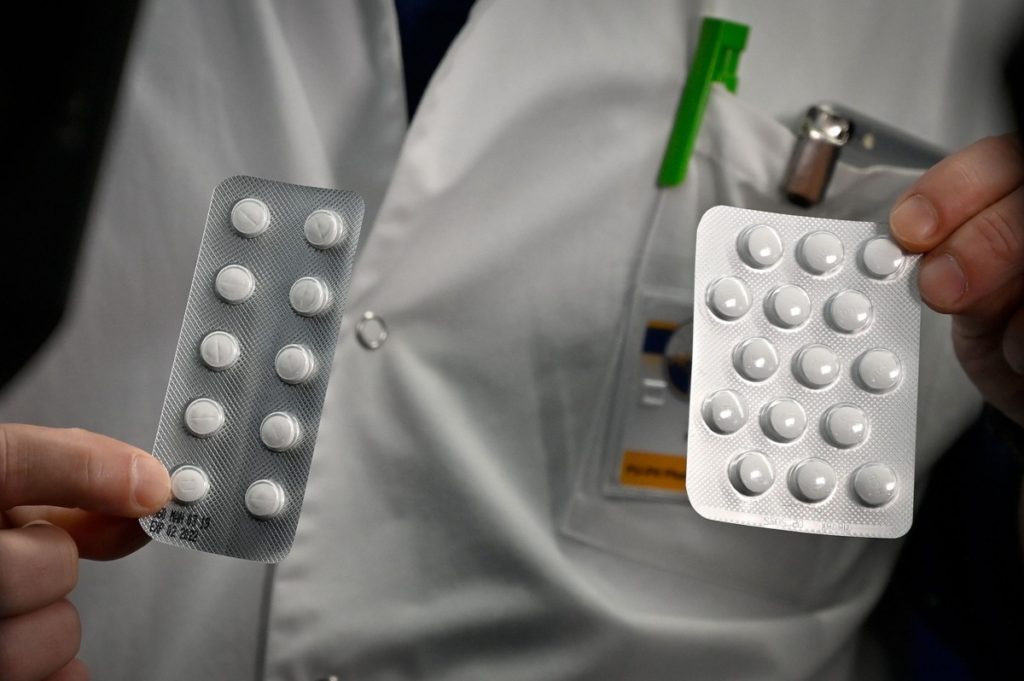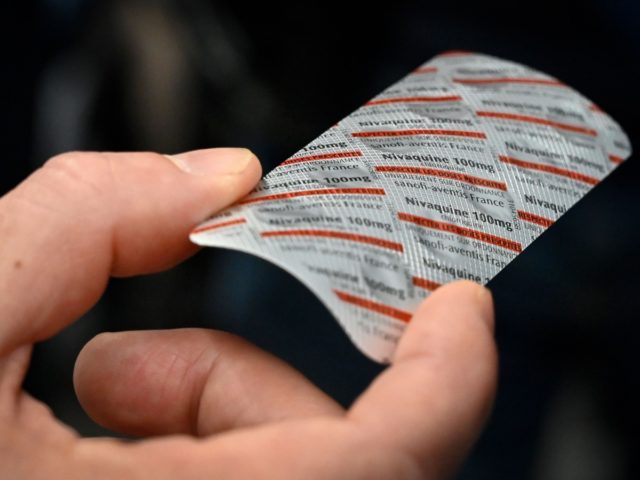Sure this Coronavirus pandemic is a misery but I’m much more optimistic than most at the moment. Here’s one of the reasons: there’s an effective treatment already and it’s available and cheap, according to studies.
Chloroquine phosphate, an old-fashioned anti-malarial drug, has shown strong results against COVID-19 infections in South Korea and China.
As Anthony Watts notes here there have been at least three studies demonstrating its efficacy against the Coronavirus.
Here is one, by James M Todaro and Gregory J Rigano:
According to the summary:
Recent guidelines from South Korea and China report that chloroquine is an effective antiviral therapeutic treatment against Coronavirus Disease 2019. Use of chloroquine (tablets) is showing favorable outcomes in humans infected with Coronavirus including faster time to recovery and shorter hospital stay. US CDC research shows that chloroquine also has strong potential as a prophylactic (preventative) measure against coronavirus in the lab, while we wait for a vaccine to be developed. Chloroquine is an inexpensive, globally available drug that has been in widespread human use since 1945 against malaria, autoimmune and various other conditions.
It concludes:
Chloroquine can both prevent and treat malaria. Chloroquine can both prevent and treat coronavirus in primate cells (Figure 1 and Figure 2). According to South Korean and China human treatment guidelines, chloroquine is effective in treating COVID-19. Given chloroquine’s human safety profile and existence, it can be implemented today in the U.S., Europe and the rest of the world. Medical doctors may be reluctant to prescribe chloroquine to treat COVID-19 since it is not FDA approved for this use. The United States of America and other countries should immediately authorize and indemnify medical doctors for prescribing chloroquine to treat COVID-19. We must explore whether chloroquine can safely serve as a preventative measure prior to infection of COVID-19 to stop further spread of this highly contagious virus.
Here is the second study by Jianjun Gao, Zhenxue Tian, Xu Yang
Abstract:
The coronavirus disease 2019 (COVID-19) virus is spreading rapidly, and scientists are endeavoring to discover drugs for its efficacious treatment in China. Chloroquine phosphate, an old drug for treatment of malaria, is shown to have apparent efficacy and acceptable safety against COVID-19 associated pneumonia in multicenter clinical trials conducted in China. The drug is recommended to be included in the next version of the Guidelines for the Prevention, Diagnosis, and Treatment of Pneumonia Caused by COVID-19 issued by the National Health Commission of the People’s Republic of China for treatment of COVID-19 infection in larger populations in the future.
Here is the third, in the journal Nature. It’s titled ‘Remdesivir and chloroquine effectively inhibit the recently emerged novel coronavirus (2019-nCoV) in vitro’
Extract:
Chloroquine, a widely-used anti-malarial and autoimmune disease drug, has recently been reported as a potential broad-spectrum antiviral drug.8,9 Chloroquine is known to block virus infection by increasing endosomal pH required for virus/cell fusion, as well as interfering with the glycosylation of cellular receptors of SARS-CoV.10Our time-of-addition assay demonstrated that chloroquine functioned at both entry, and at post-entry stages of the 2019-nCoV infection in Vero E6 cells (Fig. 1c, d). Besides its antiviral activity, chloroquine has an immune-modulating activity, which may synergistically enhance its antiviral effect in vivo. Chloroquine is widely distributed in the whole body, including lung, after oral administration. The EC90 value of chloroquine against the 2019-nCoV in Vero E6 cells was 6.90 μM, which can be clinically achievable as demonstrated in the plasma of rheumatoid arthritis patients who received 500 mg administration.11Chloroquine is a cheap and a safe drug that has been used for more than 70 years and, therefore, it is potentially clinically applicable against the 2019-nCoV.
What does this mean?
Essentially it means the end of the nightmare is – or ought to be – much closer than we think.
It will take many, many months before a vaccine is available for COVID-19. In the meantime, this is a very effective stop-gap solution. Not only does it make those critically affected by the virus less likely to die; but it also acts as a prophylactic – that is, it is capable of stopping people from getting the disease in the first place.
The reason that Chloroquine works, I understand from an expert in viral pandemics, is that enables the body to absorb more zinc. Zinc appears to be the most effective agent in disrupting the virus and preventing the ‘cytokine storm’, which is the deadly phase in which the virus tricks the body’s immune system into attacking its own healthy tissue, with often fatal consequences.
Why isn’t there more excitement about this readily available treatment?
One possible reason is that chloroquine is a generic drug to which no pharmaceutical company owns the patent. Big Pharma’s money and lobbying power will strive to persuade governments – and markets – that the only viable solution to the coronavirus is a vaccine. But in the short term this simply isn’t true. Nor is it clear to me that the global economy is going to survive on lockdown for as long as it takes to develop and test that vaccine – which may not even prove effective in any case.
Note that point in the Todaro and Rigano paper about the need for FDA approval. There is no time to waste.

Medical staff shows at the IHU Mediterranee Infection Institute in Marseille, packets of a Nivaquine, tablets containing chloroquine and Plaqueril, tablets containing hydroxychloroquine, drugs that has shown signs of effectiveness against coronavirus. – The Mediterranee infection Institute in Marseille based in La Timone Hospital is at the forefront of the prevention against coronavirus in France. ( GERARD JULIEN/AFP via Getty Images)
UPDATE: The Stanford University School of Medicine and National Academy of Sciences Researchers told the Huffington Post that they were not associated with the study conducted by James Todaro and Gregory Rigano. This story has been edited to reflect that.

COMMENTS
Please let us know if you're having issues with commenting.